As the festive season ends, air quality across India, especially in Delhi plummets sharply. Both outdoor and indoor air pollution contribute to a surge in respiratory problems including one of the most serious: pneumonia.
What is pneumonia?
Pneumonia is an infection where the air sacs (alveoli) in one or both lungs become inflamed and may fill with fluid.
“When there is widespread inflammation in the air sacs, it can cause respiratory difficulties and make it extremely hard to breathe,” explained Dr. Rakesh Pandit, Senior Consultant & HOD (Internal Medicine) at Aakash Healthcare.
While pneumonia is treatable, it can be fatal for those with pre-existing respiratory issues, young children or adults over 65.
How pollution raises pneumonia risk
According to scientists, both indoor and outdoor pollution increase the risk of severe respiratory infections and related deaths.
Dr. Aakaar Kapoor, Founder of City Imaging & Clinical Labs said: “Pollution not only increases the frequency of respiratory and flu-like infections but also decreases the body’s innate immune response. Exposure to pollutants causes inflammation in the lungs, impairs immune cells, and weakens the filtering system of the airways, raising the risk of lower-respiratory infections.”
High post-festival smog, mixed with smoke, dust, and industrial emissions, overwhelms the body’s defence system, allowing infections like pneumonia to thrive.
Symptoms to watch for
Dr. Manav Manchanda, Director & Head – Respiratory, Critical Care & Sleep Medicine, Asian Hospital, listed the key symptoms:
*Fever and chills
*Difficulty breathing
*Chest pain that worsens while coughing
*Fatigue and muscle pain
*Sweating and loss of appetite
*Coughing up mucus or blood
*Nausea or vomiting
*Confusion, especially in older adults
If untreated, pneumonia can cause serious complications—particularly in young children, older adults and people with weakened immune systems.
Protecting your lungs during smog season
Dr. Rakesh Pandit advised several preventive steps to reduce pollution-related complications such as pneumonia:
*Avoid outdoor exposure when AQI levels are high; children should stay indoors.
*Cover your mouth and nose with a wet cloth when outside to reduce inhalation of pollutants.
Quick Reads
View All*Stay away from crowded or poorly ventilated spaces.
*Maintain air conditioners and filters with regular servicing.
*Get vaccinated against pneumococcal and influenza infections.
*Manage chronic conditions like high blood pressure or diabetes, as poorly controlled health increases vulnerability.
*Avoid smoking and practice good hygiene.
*Boost immunity with a balanced diet and hydration.
Beyond the lungs: How pneumonia affects the whole body
While it begins in the lungs, pneumonia can impact multiple body systems—causing fatigue, muscle pain, and even joint stiffness.
Dr. Abhishek Kumar Mishra, Senior Consultant – Orthopedics & Spine, Apollo Spectra Hospital, Delhi, said: “Swelling and fatigue can persist long after infection. Weak immunity and prolonged bed rest affect bones and muscles. Light exercise, hydration, and a protein-rich diet help recovery.”
Why children are especially vulnerable
Dr. Tanya Chaturvedi, Attending Consultant – Pediatrics, Regency Hospital, Gorakhpur, explained: “Children’s immune systems are still developing, making them more susceptible. Pneumonia often starts with a cold and cough before spreading to the lungs. Parents should ensure adequate rest, fluids, and a nutritious diet, and seek timely medical care if symptoms worsen.”
Early diagnosis and recovery are key
Dr. Sandeep Katiyar, Senior Consultant Pulmonology, Apollo Spectra Hospital (Kanpur) said: “Pneumonia is often mistaken for a common cold. It causes breathing difficulty, fatigue, and oxygen deficiency. Timely diagnosis, complete medication, and balanced nutrition are vital to prevent recurrence.”
The bottom line
Pneumonia is not just another winter infection, it can affect the lungs, muscles, joints, and overall immunity.
Experts emphasise that early diagnosis, vaccination, adequate rest, and preventive care are essential to protect against pollution-induced pneumonia.
In short, precaution is the best defence, take smog seriously, strengthen your immunity and prioritise respiratory health this winter.


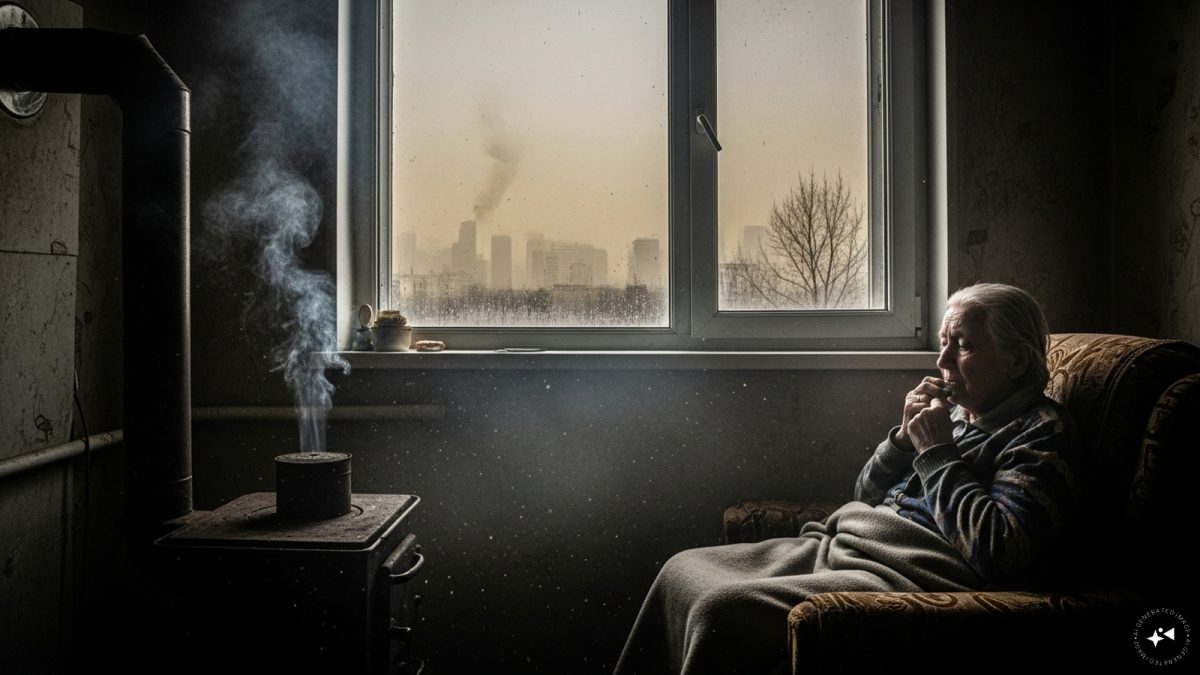)
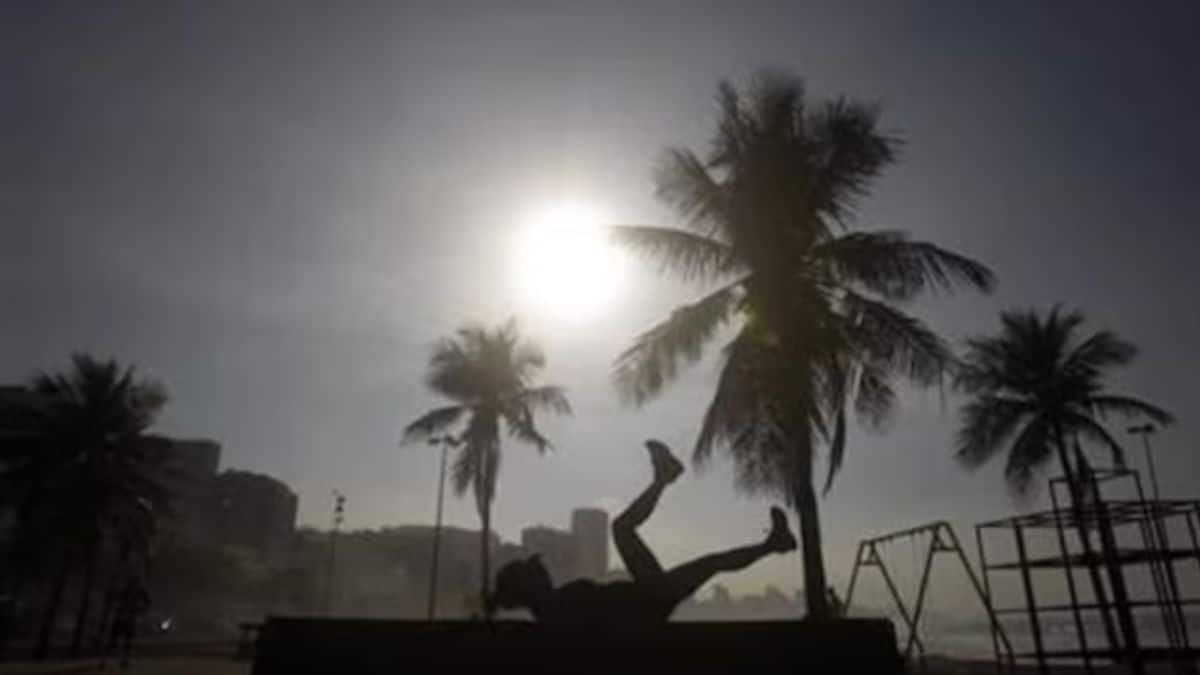
)
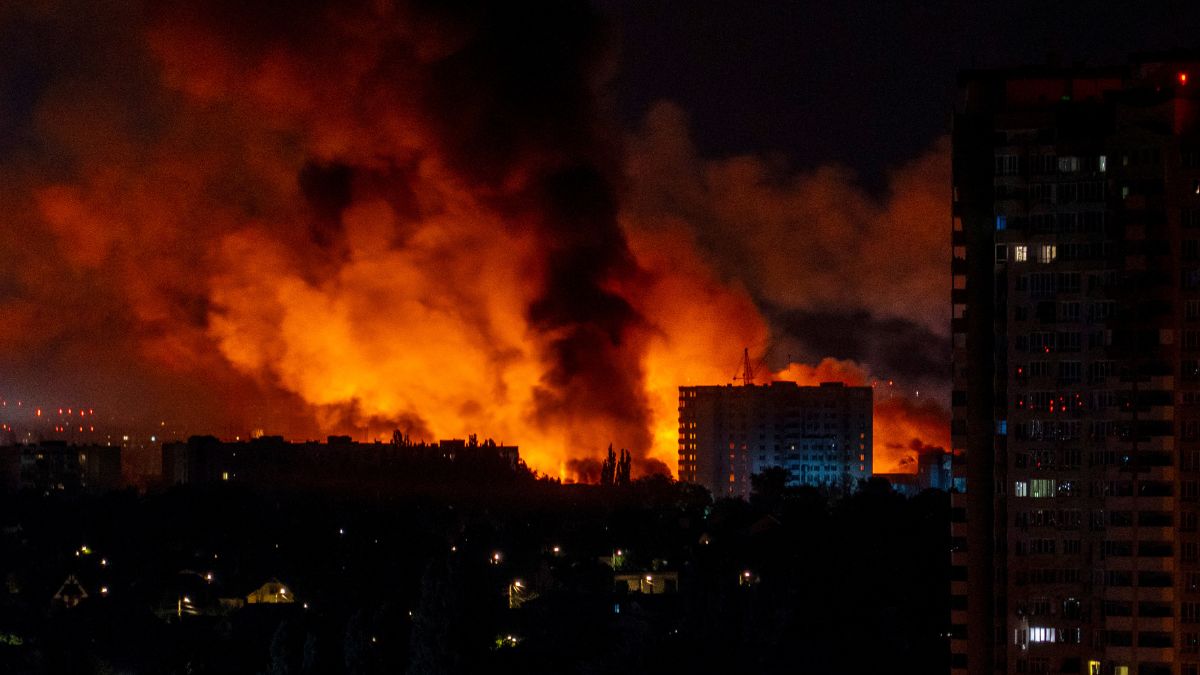)
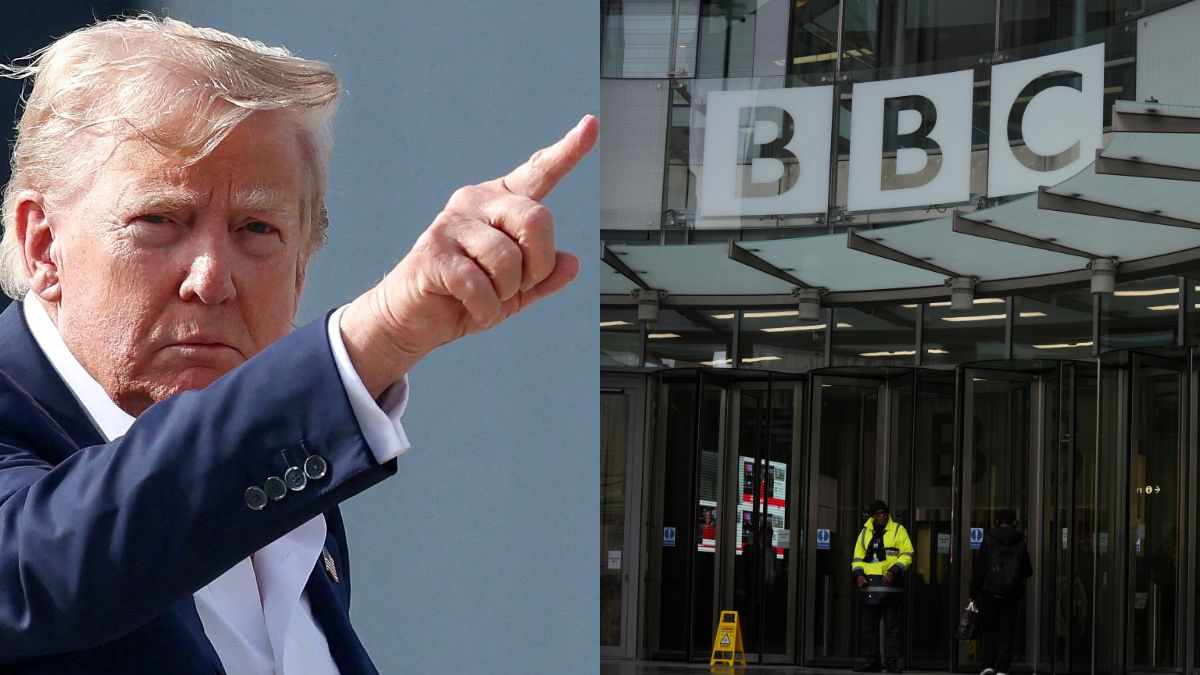)
)
)
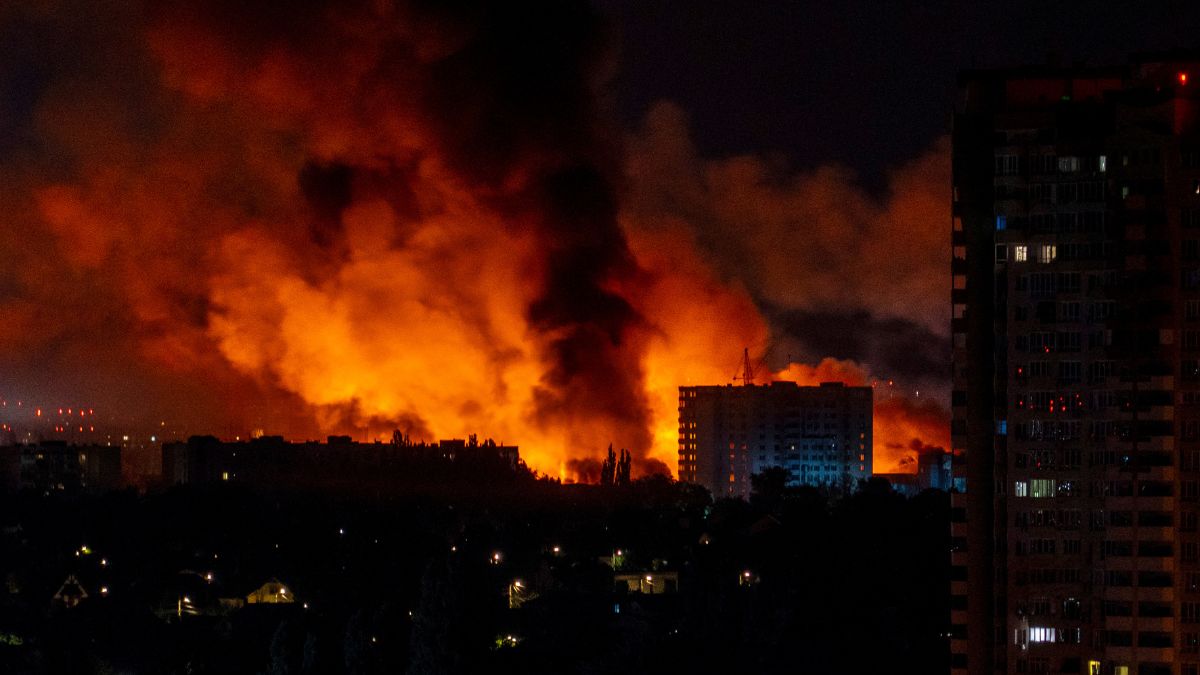)
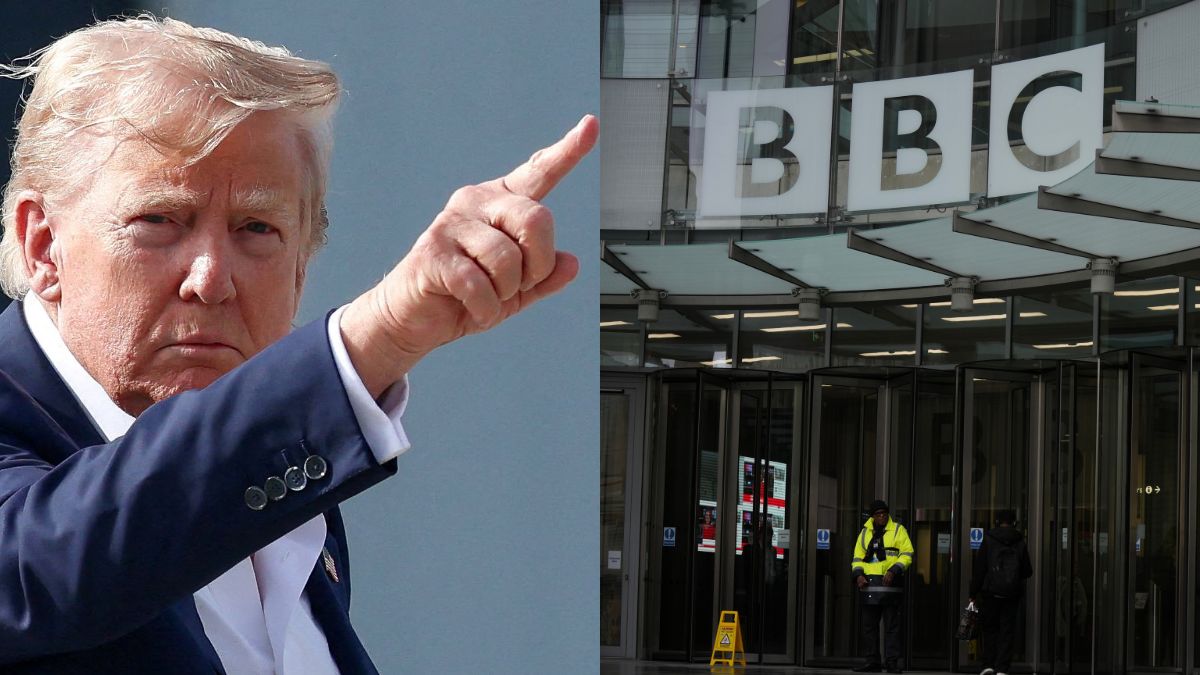)
)



